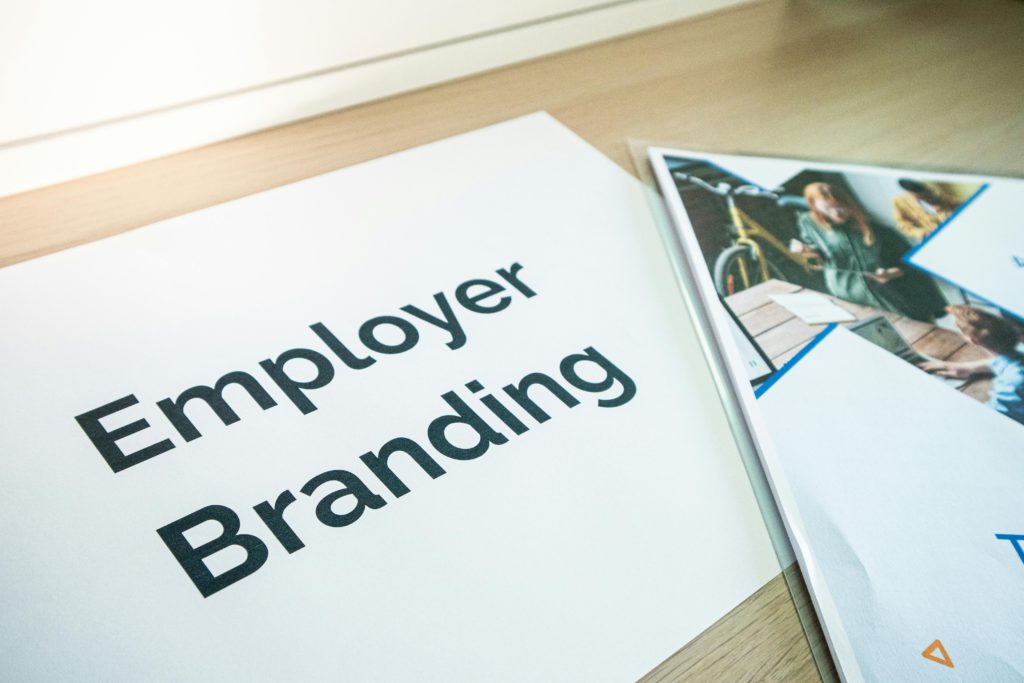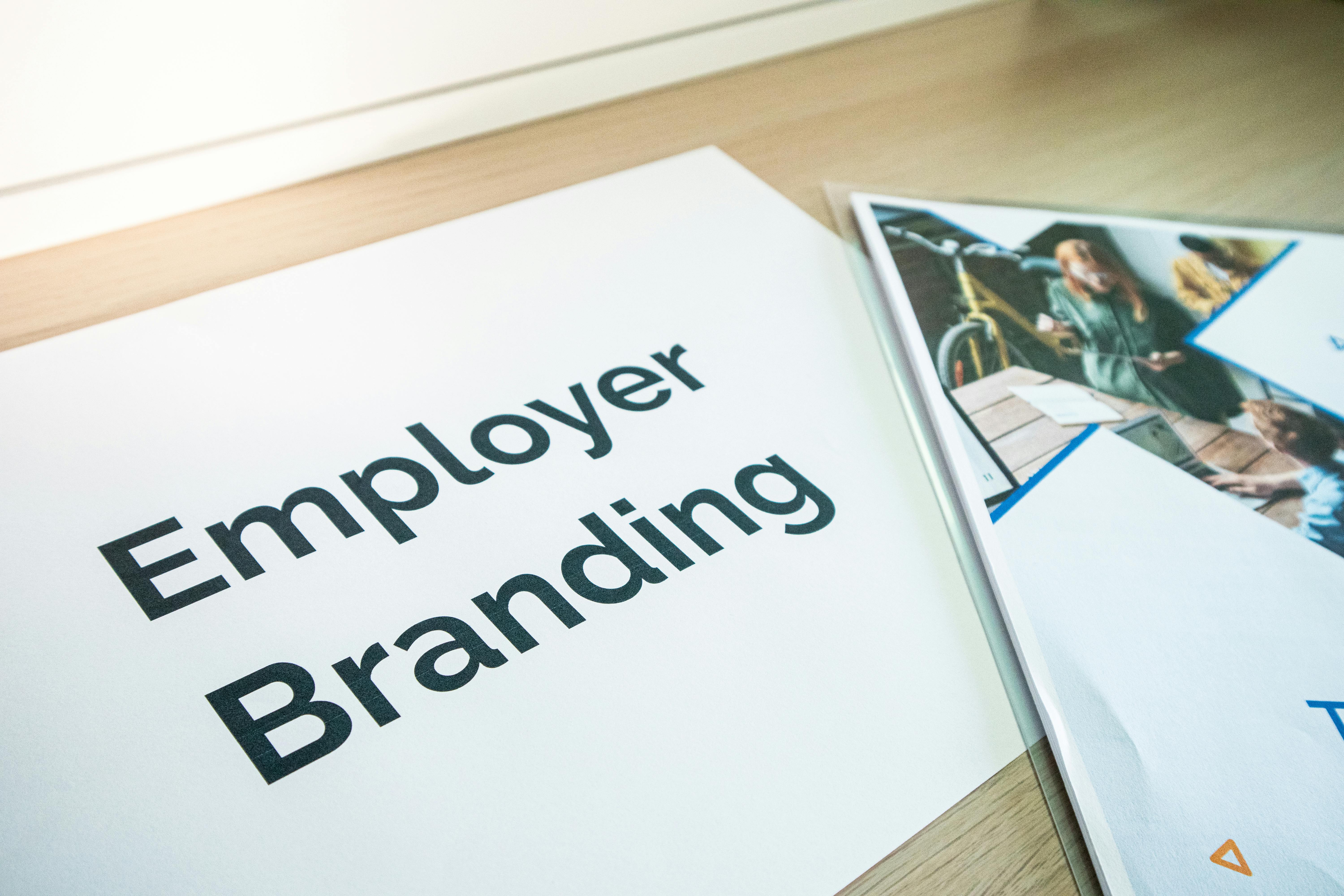Strengthen Your Employer Brand with Social Responsibility

The strength of an employer brand can define the success or failure of recruitment efforts. Beyond competitive salaries and perks, modern job seekers crave purpose and impact—they want to work for companies that reflect their values and contribute to positive social change. This makes social responsibility initiatives a powerful cornerstone for building a magnetic employer brand that attracts and retains top talent.
Why Purpose Matters More Than Ever
Forbes reports that 70% of employees are more loyal to companies actively involved in social and environmental causes (Forbes). This isn’t just about feel-good marketing; it taps into a deeper psychological need to find meaning and pride in one’s workplace. When companies weave social responsibility into their brand narrative authentically, they create spaces where employees feel connected to a greater mission.
A great example is Unilever’s Sustainable Living Plan, which integrates environmental stewardship and social equity at the core of its business and employer brand. Their commitment to reducing plastic waste and promoting water conservation simultaneously appeals to environmentally conscious talent and drives employee engagement .
Social Responsibility Fuels Engagement and Retention
Gallup confirms that companies with strong social responsibility programs enjoy heightened employee engagement—key to productivity and loyalty. Engaged workers can improve performance by 17% and reduce turnover, a significant cost-saving.
When employees see their employer making measurable impacts—whether through community volunteering, ethical supply chains, or diversity and inclusion efforts—they become passionate advocates. This internal pride often spills over to social media and candidate conversations, reinforcing the employer brand organically.
Authenticity Over Greenwashing: Walk the Talk
While social responsibility can be a competitive advantage, transparency and genuine commitment are non-negotiable. Consumers and candidates alike are adept at identifying “greenwashing,” or superficial CSR that lacks substance. Brands like IKEA have earned trust by embedding sustainability into all business layers—supporting renewable energy projects and ethical sourcing—which resonates authentically with employees
Case Study Highlight: IKEA’s Sustainable Employer Brand
IKEA showcases a leading example of authentically integrating social responsibility into its employer brand within the European Union. Beyond its iconic affordable furniture, IKEA invests heavily in sustainability programs—such as committing to becoming climate positive by 2030 and sourcing 100% of its wood and cotton from sustainable sources. These efforts extend deeply into its workplace culture, providing employees with opportunities to engage in community projects and environmental initiatives.
This comprehensive approach has not only bolstered IKEA’s global reputation but has made it a magnet for talent across Europe who want to work for a company that aligns with their values and cares about the planet’s future. Employees consistently report higher satisfaction and pride in their employer’s commitment to doing good.
Conclusion
Integrating social responsibility into employer branding is a strategic imperative in 2025. Purpose-driven companies not only shape a better society but also cultivate workplaces that inspire, attract, and retain exceptional talent. The future belongs to organizations that walk the talk—transparent, authentic, and deeply committed—transforming their employer brands into forces for good.
e
References
https://www.gallup.com/workplace/236927/employee-engagement-drives-growth.aspx
https://www.forbes.com/councils/forbeshumanresourcescouncil/2025/03/14/20-strategies-to-build-an-employer-brand-that-supports-employee-wellbeing/
https://www.shrm.org/content/dam/en/shrm/executive-network/employerbrandingguide.pdf









